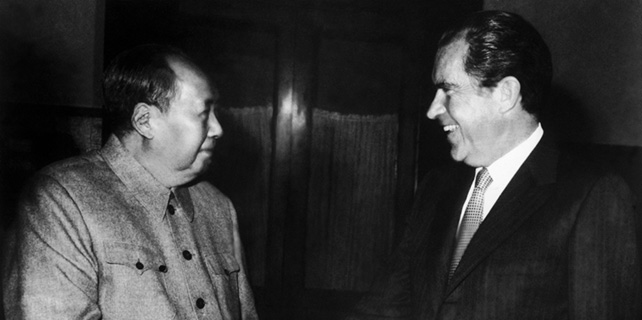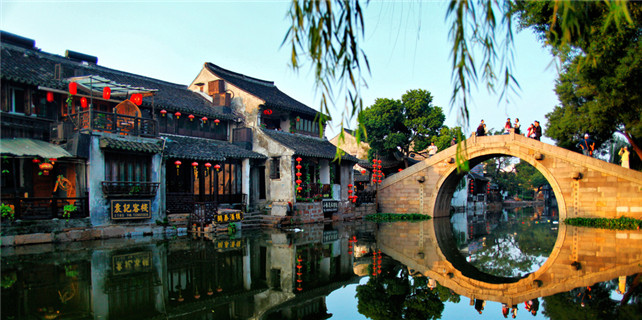Xi's political economy renews modernization drive
Achievements
China's overall approach to building socialism with Chinese characteristics — that is, the promotion of coordinated economic, political, cultural, social and ecological progress — has been proved effective during the past four years.
The global economy is troubled by sluggish recovery, flagging international trade, a measure of backsliding on globalization and weak growth momentum in major economies.
By contrast, China's economic growth, although slowing, is still one of the highest in the world and continues to power global growth.
By 2020, China aims to quadruple its GDP from the level in 2000. Last year, in terms of stable prices, GDP was more than four times higher than in 2000, meaning the country met the 2020 goal ahead of schedule, Hu said.
Chen Dongqi, an economist with the Academy of Macroeconomic Research at the National Development and Reform Commission, said: "It's important that this was achieved through China's voluntary structural adjustment and forceful promotion of supply-side structural reform, meaning it is of higher quality."
He estimated that China will be home to about 440 million middle-class households once the country realizes its goal of building a moderately prosperous society in all respects by 2020. "There is great consumption potential to be tapped in China," he said.
In terms of political development, efforts have been made to introduce new rules and systems to advance the rule of law, reform administrative institutions, improve the people's congress system — China's fundamental political system — and promote consultative socialist democracy.
The country has also built the world's largest modern public cultural system. In 2015, broadcasting and TV programs covered more than 98 percent of the population, while public libraries, cultural centers and museums received nearly 2 billion visitors.
Quality of life has also improved markedly, with the average per capita growth rate of incomes for urban and rural residents standing at 7.7 and 9.6 percent respectively between 2011 and 2015.
Meanwhile, average life expectancy reached 76.34 years in 2015, compared with 74.83 years in 2010.
In a major ecological achievement, China is gradually decoupling its economic growth from heavy consumption of resources and the subsequent pollution.
In 2015, industrial water consumption fell by 7.8 percent from the figure in 2010, while agricultural water consumption was 1.8 percent lower than during the peak year of 2013.
Energy use per unit of GDP was cut to 7.007 megajoules in 2015, close to the average level in middle- and high-income countries.
"China's overall approach to modernization has produced major achievements since the 18th CPC National Congress in 2012, lifting the comprehensive national strength to a new level," Hu said.
















